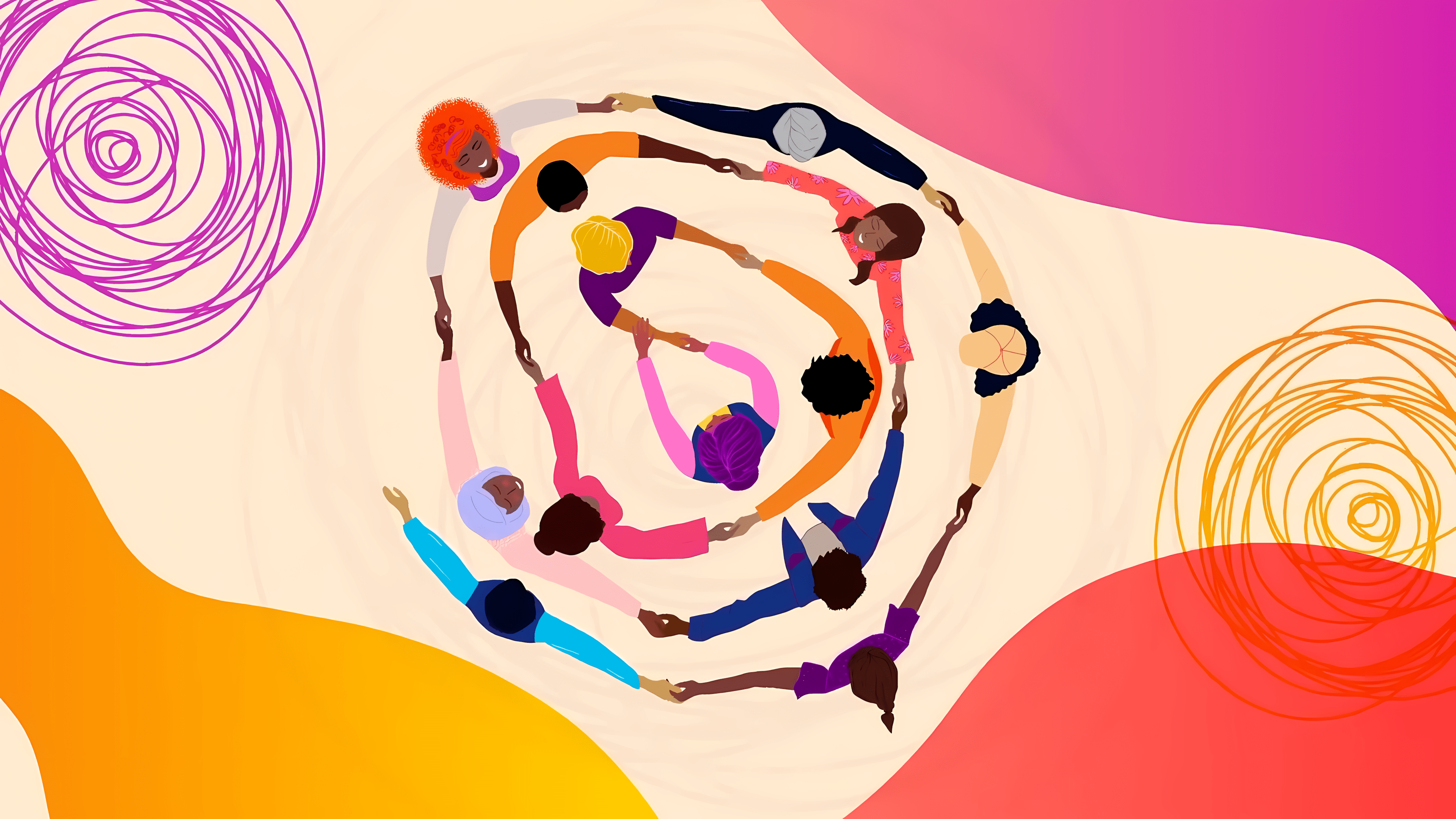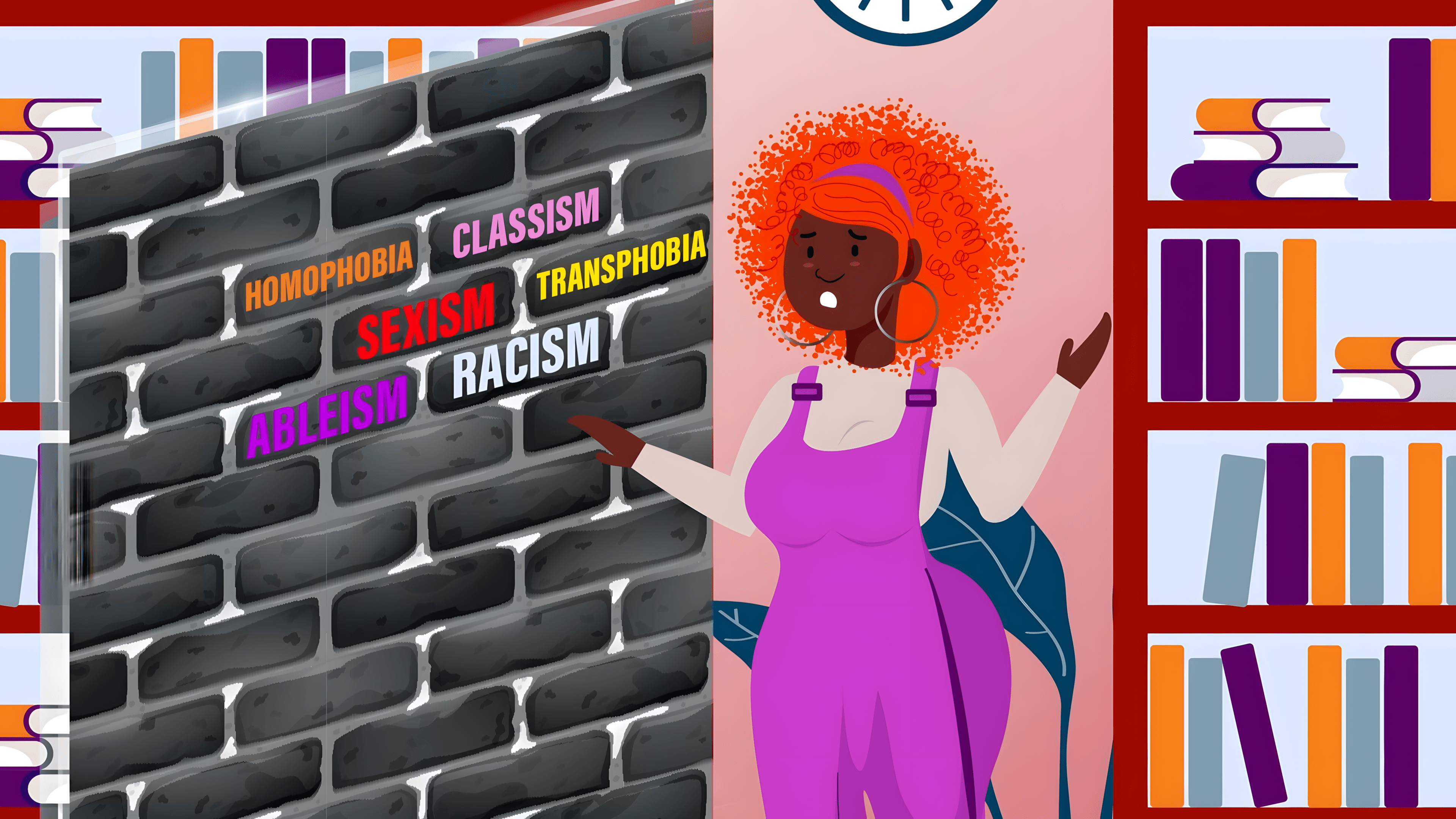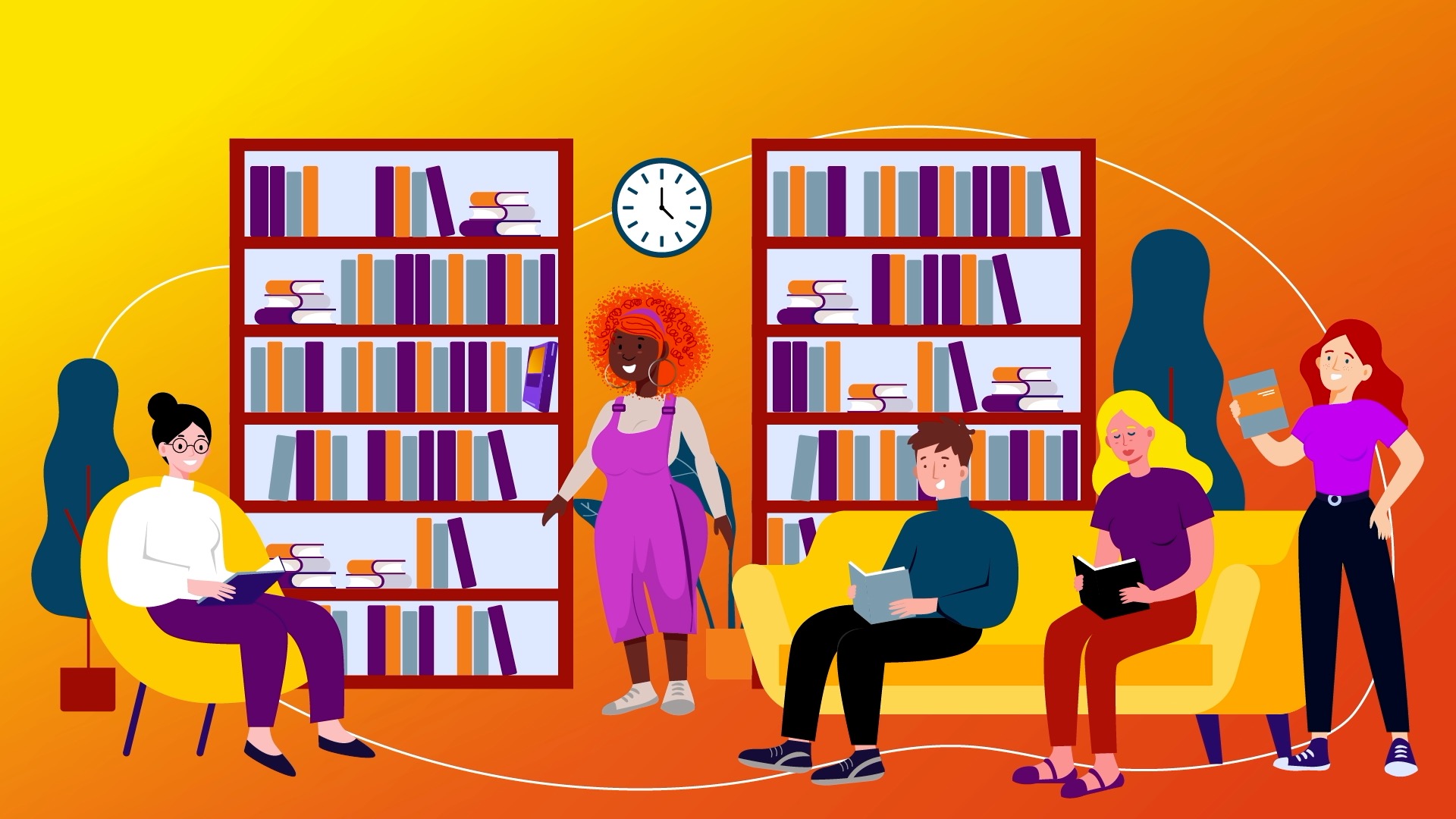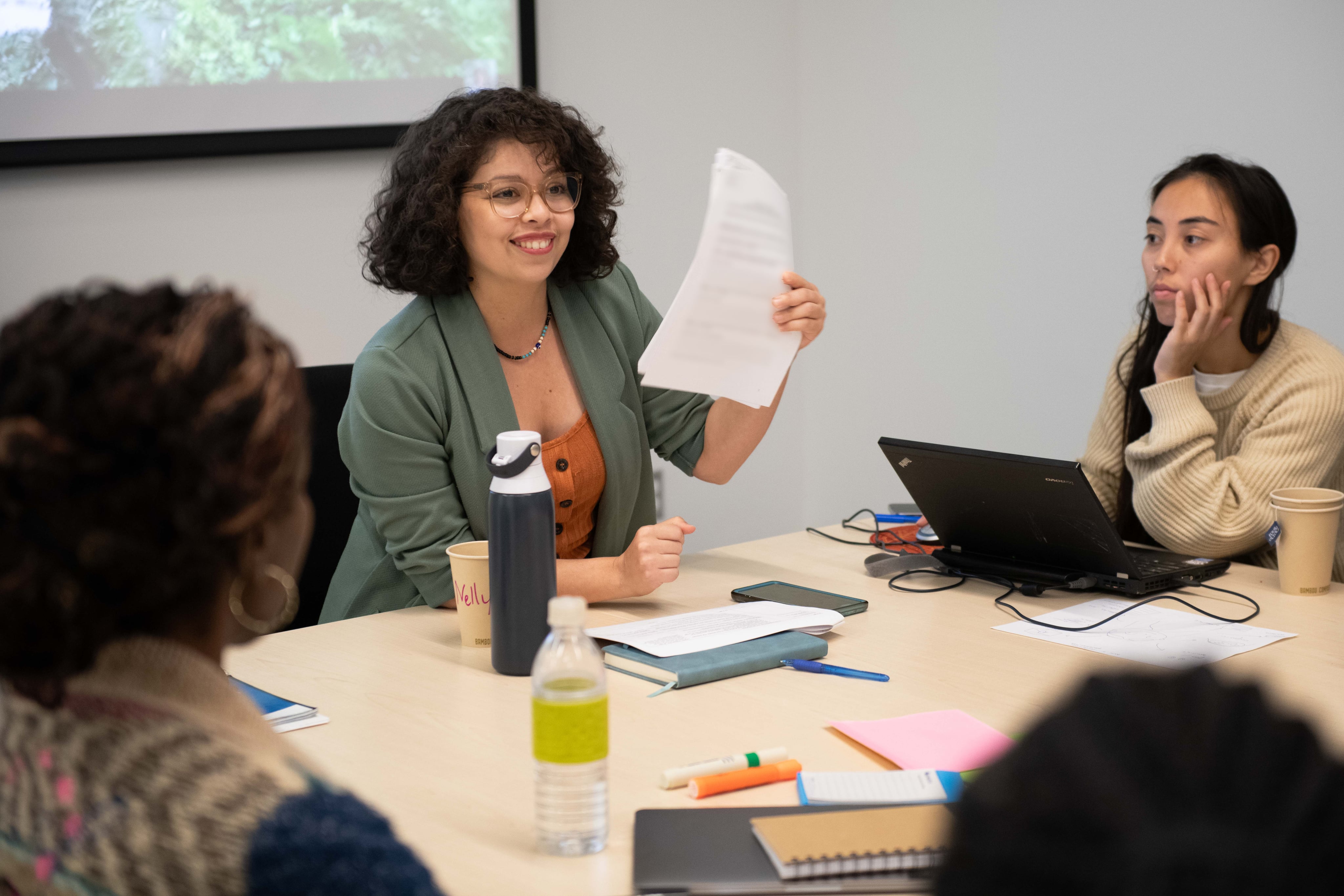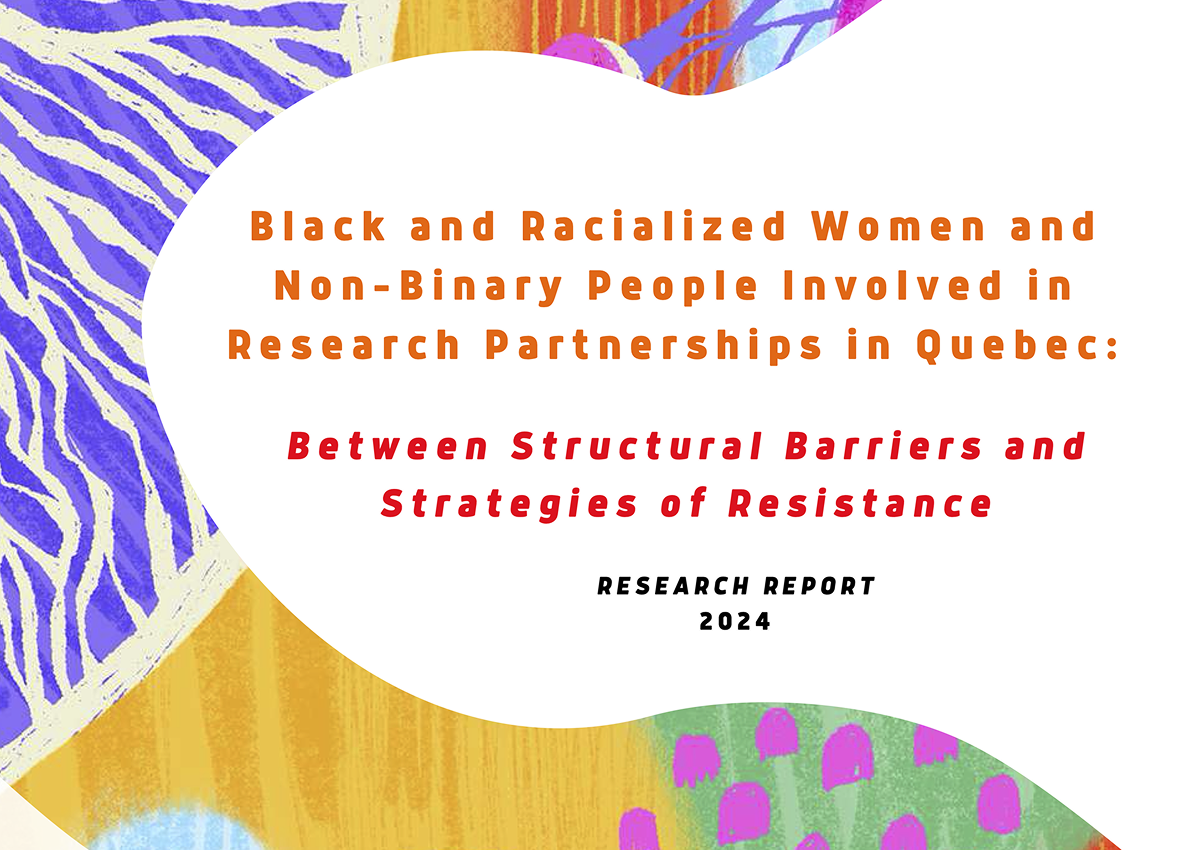Breaking Free from Invisible Labour
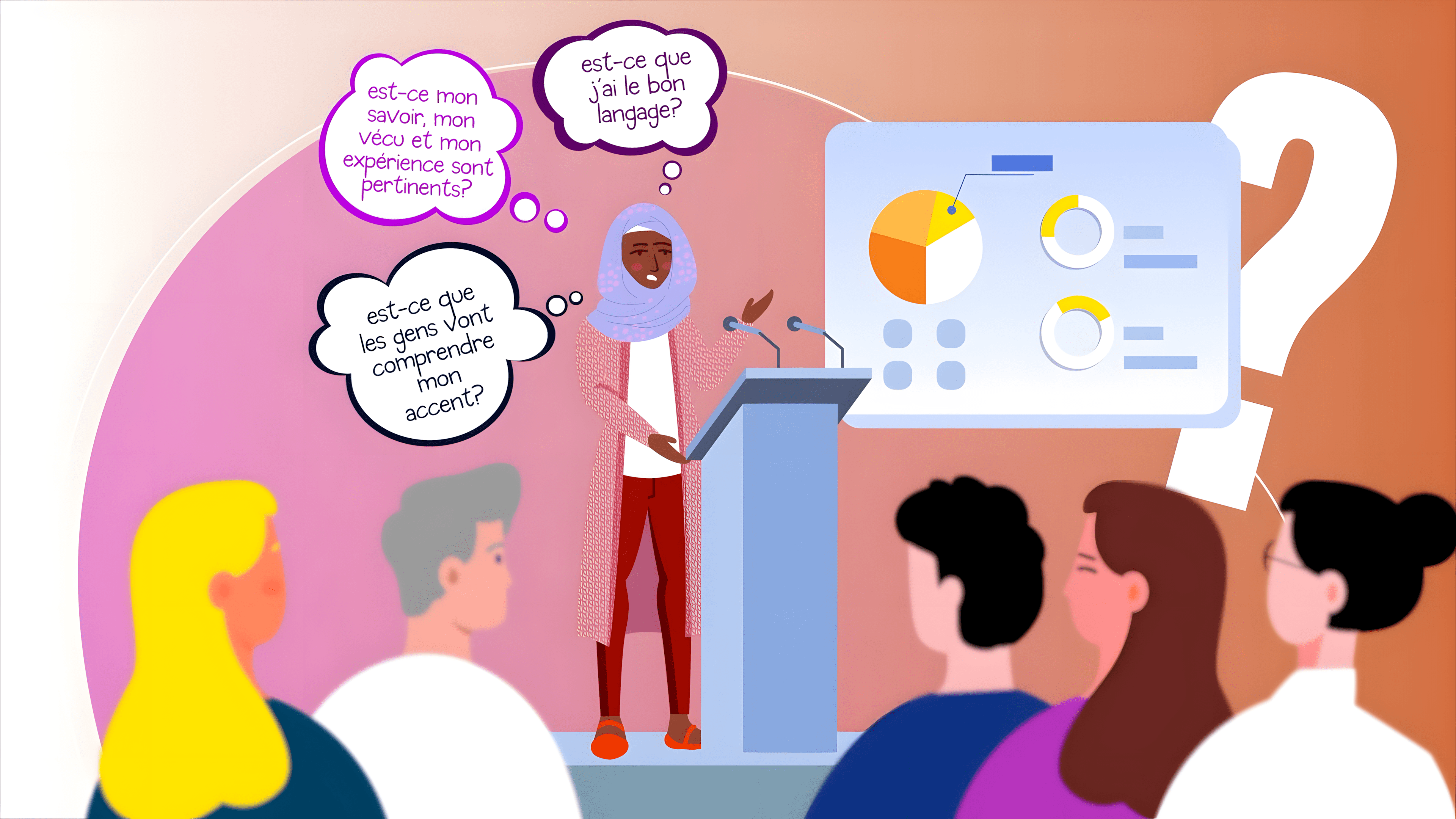
In partnership-based research projects, many essential tasks remain unacknowledged. Coordination, emotional labour, cultural translation, logistical and emotional support—these responsibilities often fall to women and Black and racialized individuals, without explicit recognition.
Several PARR project participants shared experiences of being confined to organizational or support roles instead of being acknowledged as full co-researchers. Romy, for instance, describes the implicit roles she was assigned: scheduling meetings, taking notes, handling logistics—while her methodological or political insights were met with surprise, as if she had stepped outside her expected role.
Others, like Zoé, emphasized experiences of invisibility in group settings—hesitating to speak up in meetings, feeling unwelcome, and being ignored even when raising their hand. These forms of marginalization carry a heavy toll, especially when combined with unspoken expectations to serve as mediators, educators, or translators bridging community and academic worlds.
Another participant recounted being repeatedly asked to translate simply because she was part of the research’s target community: “You say yes once, and suddenly you’re the translator.” She regrets having spent more time translating than developing her own research skills.
Why This Work Is Invisible
Invisible labour includes all the essential tasks that keep a project or environment running smoothly but often go unrecognized and undervalued. From an anti-oppressive perspective, this invisibility reflects power imbalances within knowledge-production spaces. Often, those who are most marginalized shoulder relational and organizational responsibilities, while decision-making roles and public recognition go to the more privileged.
This imbalance is particularly problematic because these tasks are indispensable. Without them, projects simply would not hold together. Yet they are seldom acknowledged in publications, formal acknowledgments, or academic evaluation criteria.
How to Resist: Collective and Individual Strategies
Some participants have developed strategies to set boundaries and preserve their energy. Romy highlights the support she received from a fellow marginalized colleague, stressing the importance of not facing these implicit expectations alone. Rachel describes her use of “masks” and firm boundaries to avoid burnout from continually bridging different communities.
Cards from the interactive deck created as part of the PARR project also offer concrete strategies for resisting the invisibility of relational and organizational labour:
- Clarify roles and expectations at the start of a project: co-create a charter or roles matrix that includes relational, logistical, and emotional tasks; ensure responsibilities are understood, accepted, and open to revision.
- Include all contributions in collaboration agreements: provide a specific section for organizational, relational, and community contributions; ensure these contributions are recognized in final outputs (acknowledgments, co-authorship, fees).
- Specify care as a distinct skill and task: incorporate it into role descriptions; recognize it as professional expertise; share this responsibility to prevent burnout.
- Equitably share responsibilities within teams: create a comprehensive task map; establish rotation or pairing principles; check that mental load is distributed fairly.
- Deconstruct automatic gendered or racial delegation: observe implicit patterns in task distribution; challenge expected roles; enable everyone to contribute to all project dimensions, including those traditionally reserved for those seen as experts or legitimate (decision-making, theoretical production, public visibility).
These practices are powerful levers to transform dynamics within research projects and build more just and equitable spaces where all forms of labour—visible or not—are recognized, redistributed, and valued.
Some excerpts are drawn from testimonies in the PSRR report or from the reflective card game. These have been adapted and anonymized for outreach purposes.
Promotion des actrices racisées en recherche (PARR). (2024). Strategies in bloom: Cultivate your well-being in collaborative research (Reflective card deck - English version). A tool for raising awareness and self-reflection, based on the testimonials and transformation ideas shared as part of the PARR project.
The definition of epistemic injustice is taken from the PARR report, which quotes Godrie, B., Desrosières, E., & al. (2020). Les injustices épistémiques : vers une reconnaissance des savoirs marginalisés.



